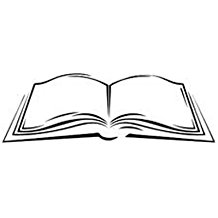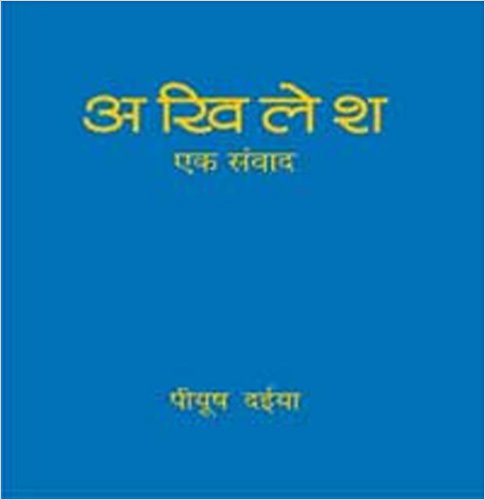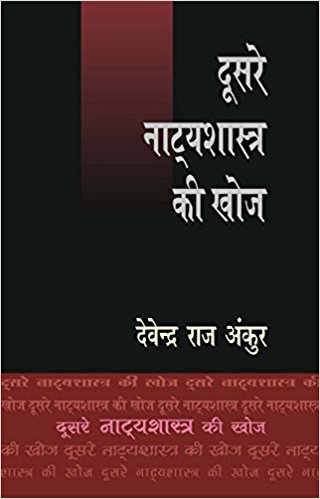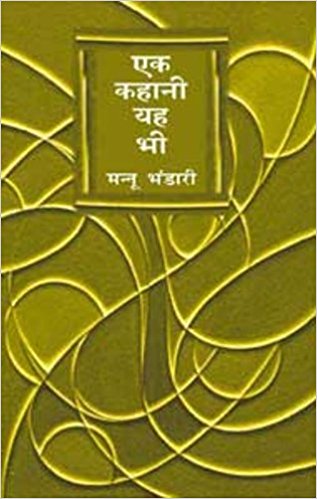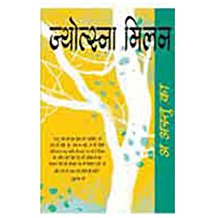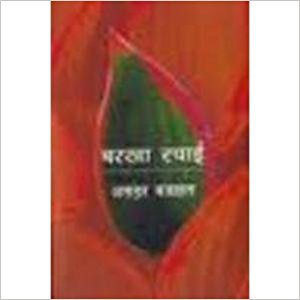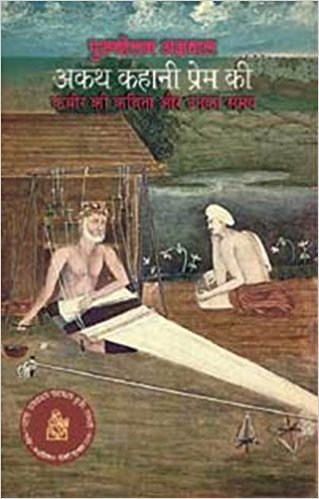This compilation of essays endeavours to look beyond documented history to reveal the facets which have been remained ignored by mainstream historians and literatteurs of the time. The authors focus on the collective memory, which has remained alive in folk songs, country music, rural arts and local literature…
Archives
February 2011 . VOLUME 35, NUMBER 2Vishakha is a rebel questioning her familys attitude towards child abuse, medicare, day to day functioning of the household, education of the girlchild, marriage and childbirth. She is in daily conflict with tradition and backwardness, modernism appears logical to her, she is also a brilliant and studious student…
Sudha Aroras Aam Aurat: Zinda Sawal provides an authentic saga of the sufferings of women each stratum in society. The book consists of five parts including a long biographical piece about her writing from a very young age. Her progress, surprising achievements in a row, inspired her to go ahead. Gradually a day arrived in 1992…
Cutting into the heart of a corpus of travel narratives Gagan Gill’s Awaak(Speechless) is a striking account of her pilgrimage to KailashManasarovara phantasmagoric chimera for most of us. Merging fable, myth and history with theology, Gagan Gill whisks us off along her peregrinationundertaken as a proxy for her husband…
During last few decades the areas of Hindi Criticism have expanded and Manager Pandey is one of the critics in the decades after Independence who defined that literature is not separate form society and hence growth of literature cannot be disassociated from the growth of society. The tools of Manager Pandeys…
Vimal Kumars third poetry collection, published by Vaani Prakashan in 2009,the litany of woes of water becomes a metaphor for the woes of the modern man with his surroundings, with the world at large.There is nothing new or revolutionary in a poet talking about the deterioration of values, erosion of trust or corruption in practically every sphere of life but in Kumars hands…
The world depicted is not real; at least not in the eyes of people who perceive mundane things with little sensitivity. In Sharmas world youll find towns, trees, and objects conversing, raising a point, debating it and sorting it out. Everything has life; life that people have forgotten to live. And even if they live it, they rarely celebrate it…
This long narrative poem is a brave attempt to chronicle the searing landscape of the dispossessed, deprived and destitute forgotten by the official recorders of history in an attempt to make visible what is essentially considered irrelevant and as a consequence undocumented. Srivastava writes with evident sincerity…
There is much talk about the recent accomplishment of Hindi literature through Dalit writngsand women writings. This superficial understanding emanates from slogan-mongering social activism. Dalit writings and women writings are not literary accomplishments as they are being made out to be but social achievements…
Uday Prakash, the man, is something of a maverickpoet, filmmaker, shortstory writer, translator, journalist, critic, and with the publication of this book, Ek Bhasha Hua Karti Thi, a chronicler of our times.When you pick up the book, its the cover that strikes you for its simplicity. A glass of steaming hot tea. Cutting Chai. Just what you need on a rainy Sunday afternoon. But this is not a book of poems…
Marta Tikkanens Swedish epic The Love Story of the Century has been translated into Hindi by Harish Narang as Iss Sadi Ki Prem Kahani. The poetic story is a first person narrative of a womans life who is married to an alcoholic. This strong, feminist text written in flashbacks, dialogues and a confessional mode is a written document…
Kumar Ambuj has carved a niche for himself by relating his life experiences through his stories. Ambuj is basically a poet. Ichhayen (Desires) is his first collection of stories that makes it clear that he has been able to break new ground in this form as well. The collection consists of 15 stories, most of which are short stories…
2011
Chandrakiran Sonrexas autobiography, Pinjre Ki Maina, time and again flashes Jainendras Mrinal on to the mind screen. A rebellious nature notwithstanding, the life paths chosen because of humiliation, rejection or mistrust finally lead back to the same destinations, after all. And then, Mrinal, rebelling against…
Among the many qualities of Piyush Daiyas book of conversation with artistAkhilesh, the most inspiring is his ability to efface his minutest traces from the text. The entire dialogue comes across as a selfrevelation by the artist, as if he conversed with himself in the darkness of a summer night, or standing against his canvas, and Piyush merely overheard him.
What Bharat wrote about theatre has always been discussed as a theory of poetics by critics like Abhinav Gupta, Dhananjay, Bhatt Nayak, Bhatt Lolak and others. This tradition has travelled right up to our contemporaries like Dr. Nagendra. Did this tradition benefit either poetry or drama, the present author, Devendra Raj Ankur, asks.
Mannu Bhandari is a wellknown author whose autobiography presents the masculine aspect of womens conscience. This can play an important role in understanding the contradictions of feminist discourse. This discourse is created as an outcome of the crisis of the woman writer, her ambitions, her contradictions…
The book was first published by Oxford University Press five years ago with a critical introduction. However this remarkable Indian drama is finding a broader reader/audience base and has recently been published by the University of Hawaii Press with an additional, deeply penetrating essay …
At present, Hindi short fiction, an important genre emerging in the postIndependence period, is at a crossroads. After confrontingNai Kahani(New Short Story) andAkahani (AntiShort Story) movements, this fiction moved towards commitment in the nineteen seventies; here it dwelt persistently on themes of exploitation…
Meera Kant has the distinction of being one of the most prolific young Hindi playwrights today. Her plays, including Nepathya Raag, Kaali Barf and Ihamrig, have engaged with an interestingly wide range of subjects in both contemporary and thought provoking manner. Her plays are distinguished by her skilful use of dramaturgy…
2011
Astudenotes Lot Lakar(Past Tense) Pratham Purush(Third person, not the first person in Sanskrit) singularthat is To be, become. It denotes the sense of possibility also. A possibility which includes an apprehension there along with a sense of uncertainty. Astuis also the name of the heroine of the novel, therefore the term is a feminine-noun…
2011
his novel makes a wideranging comment on a complex sociocultural world and virtually troubled political loyalties of a generation of intellectuals, who proudly describe themselves as progressive intellectual activists in pre1990 India. Focusing on the intellectual life of contemporary Delhi, the novel quite stridently interrogates…
The volume under review is a kind of arapid reader in Indian history that the towering Hindi poet of the 1940s and 1950s, Gajanan Madhav Muktibodh (hereafter, Muktibodh) wrote in 1962. An odd volume in itself, and in the authors own words, probably the only text he ever wrote that had nothing original in itafter all…
Likhe Mein Dukkha (Pathos in Print) is a new collection of poems by a popular poet, Liladhar Mandloi Mandloi. He has simultaneously published three collections of poetry. This collection contains ninetyeight small poems. It is distinctly different from other collections in the sense that it includes a particular kind of poetry. ..
Kabir is now widely acclaimed as one of our most eminent poets from any Indian language, but this wasn’t always so. Until about half a century ago, he was regarded in Hindi as perhaps the last of the quartet of the four great bhakti poets and ranked after Tulsi Das, Sur Das and Mira Bai. In a marked reversal, Kabir’s…

